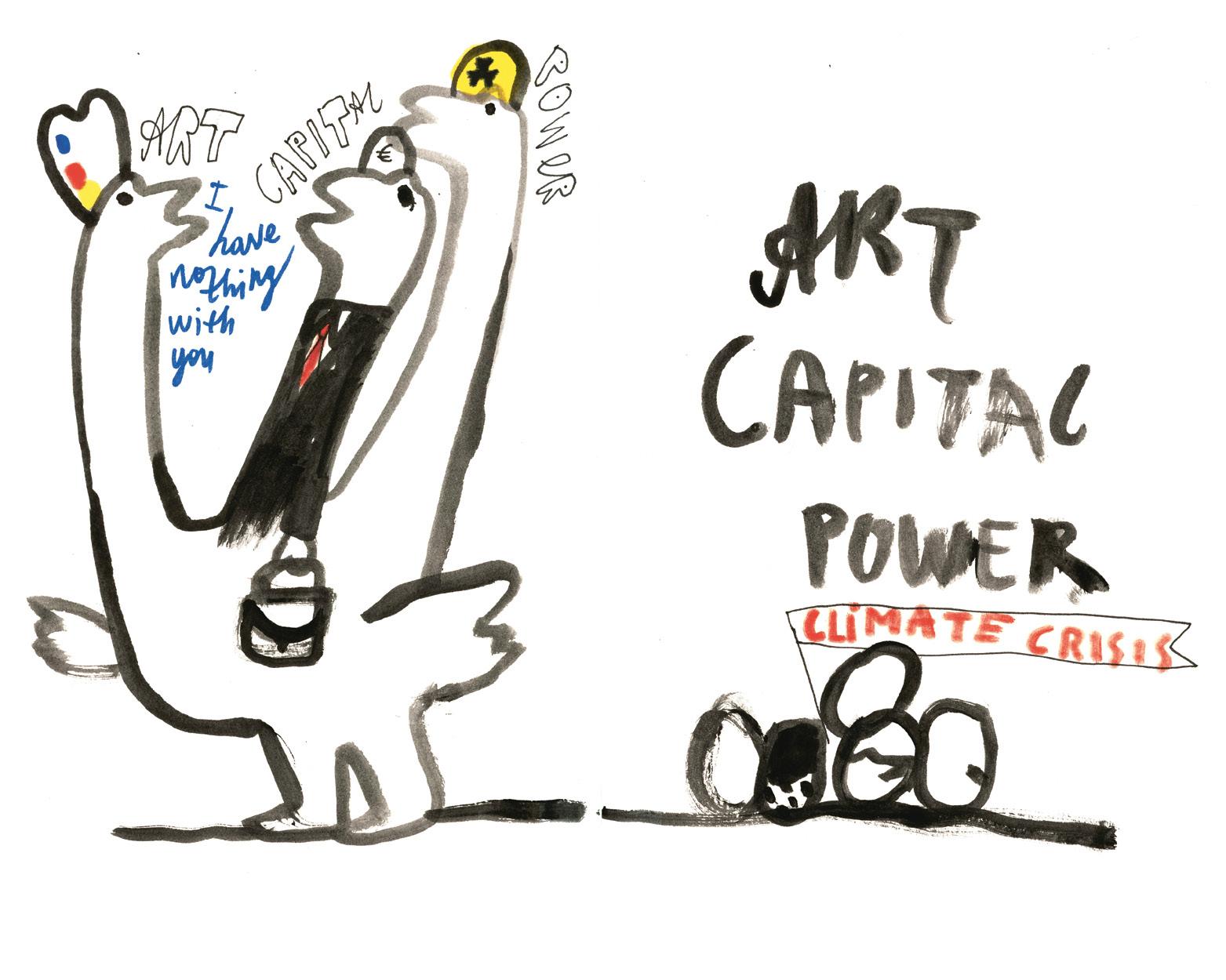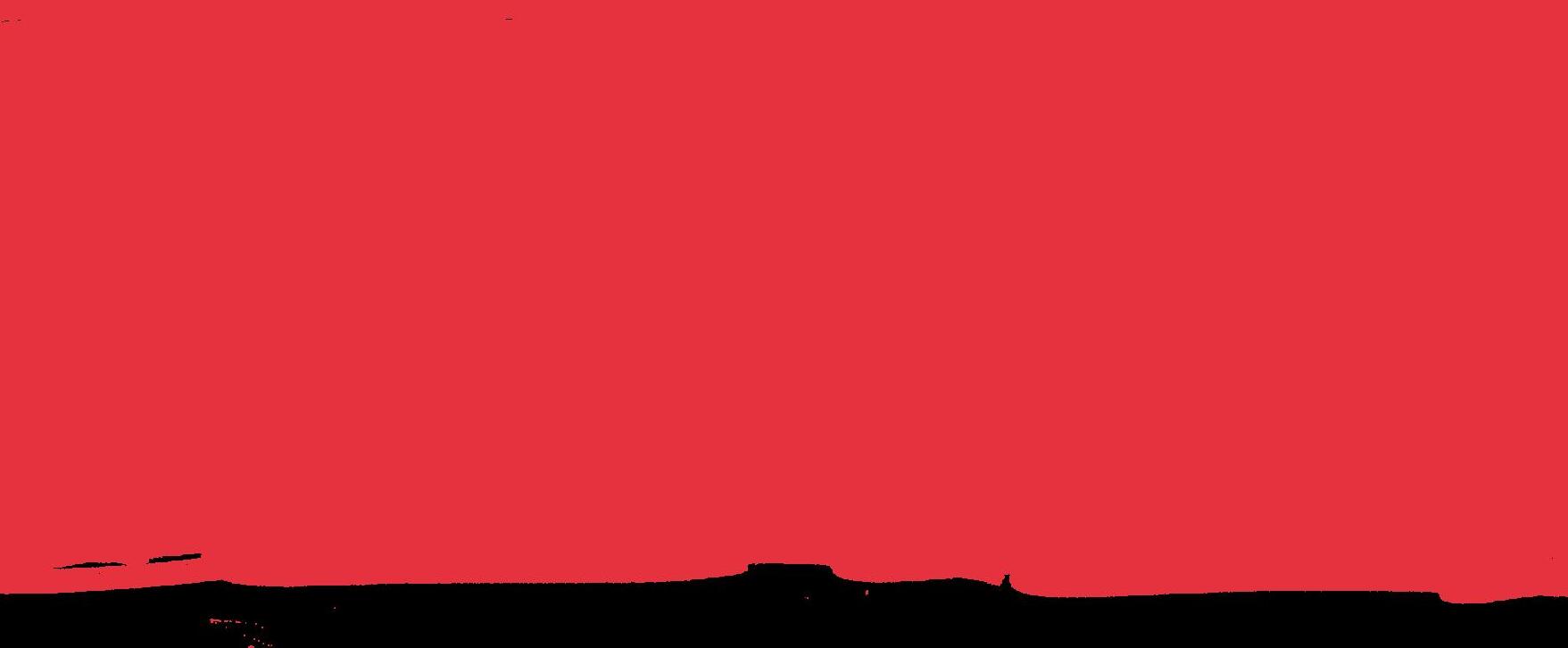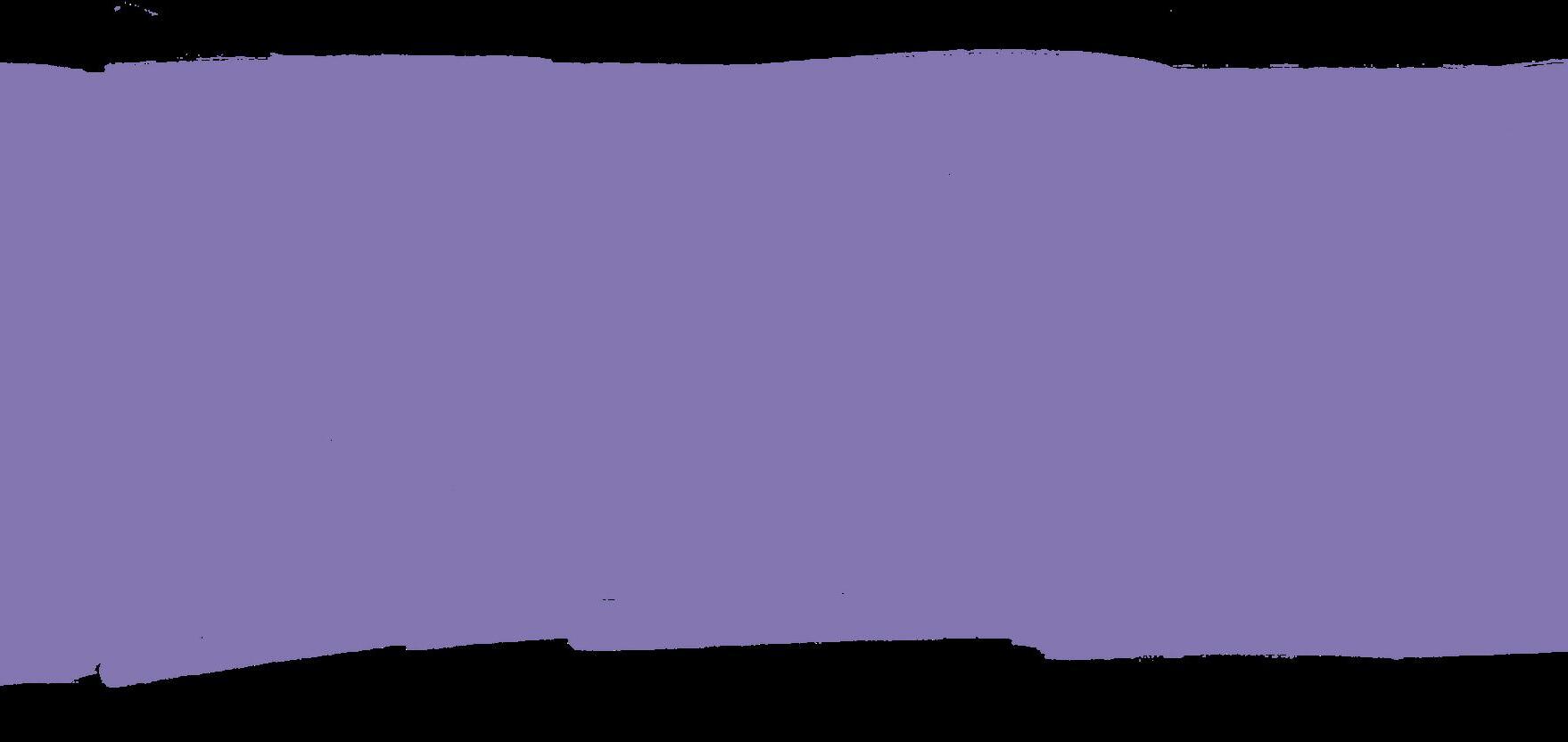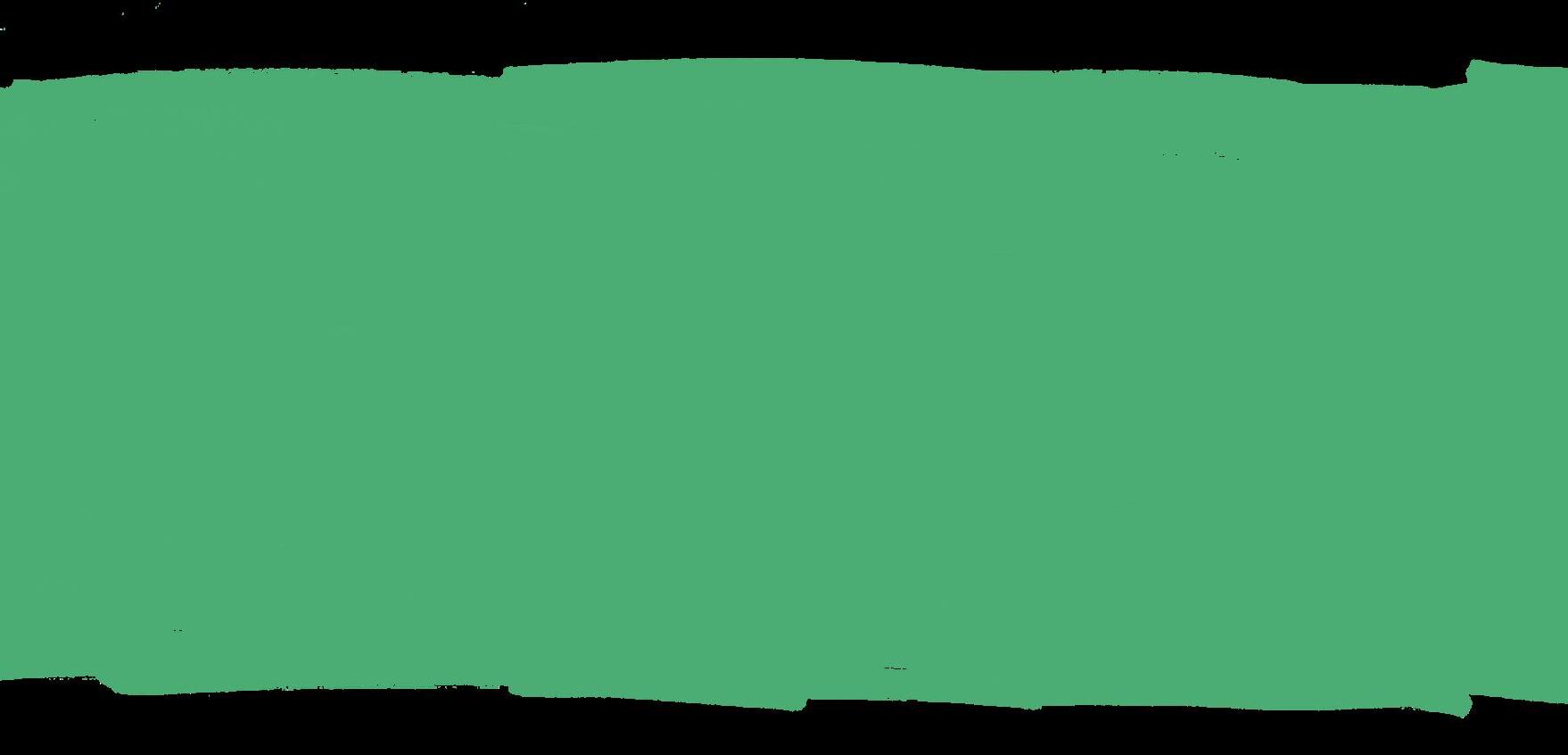
Tuesdays and Wednesdays are hearing days – a series in which we will develop the rules for the festival of the future together. Who takes decisions? Where does project funding come from and where does it go? Who is invited and who isn’t –and why? Who is the producer, who is the audience? Boycotts – yes or no? And: how does a globally active festival agree with sustainability? Experts, artists and activists provide an insight into their practices and examine potential alternatives. Over the duration of five weeks, the Council of the Republic will attend and discuss the hearings and design the Festwochen’s own constitution, which will be presented to the audience at the end of the festival as the Vienna Declaration.
Marko Markovic, 40 years, performance artist, curator, cultural management cultural centre Althangrund


28 / 29 May, 4 / 5 / 11 / 12 / 18 / 19 June, 6 pm
House of the Republic

produced and executed by the team of the Wiener Festwochen | Free Republic of
Vienna
Will the Free Republic of Vienna implement a new pricing strategy with clearly defined relative amounts for the number of reduced tickets available with its new constitution, making festival attendance independent of the audience’s purchasing power? Will the Free Republic of Vienna undertake to invest the largest possible part of the budget into the production of art and to cap administrative costs? Will it be obligatory for projects that aim at true social change to be part of the programme in future? And will there be clear rules on the maximum permitted difference between the most expensive and the cheapest production in the future?
Council Member Chair Monika Mokre & Yosi Wanunu
Day 1 – Tuesday, 28 May
PRODUCTION, MANAGEMENT, SUSTAINABILITY
The production and performance of art are attached to questions of capital and power in many ways. The production and the consumption of art, in particular in the context of what is called high culture, elevate the prestige of everyone involved, namely their cultural capital, and at the same time effect the denigration and exclusion of those to whom this cultural capital is denied. There are others who also profit from the prestige of art, such as sponsors who might use art to veil problematic business practices (‘whitewashing’ or ‘greenwashing’).
This contrasts sharply with the claim many contemporary art productions, including the Wiener Festwochen, are making: that they want to effect social change and dismantle existing hierarchies. The Festwochen should work towards this goal in their organisation as well as their artistic programme. It is important to practice what you preach. The submissions on these two hearing days suggest measures to better live up to this goal.
Monika Mokre studied political science and communication studies at the University of Vienna. She has been a researcher at the Austrian Academy of Sciences (ÖAW) since 1991, until 2008 at the Institute for European Integration Research. Since 2009, she has been researching at the Institute for Culture Studies at ÖAW, and has taught at the Institute for Cultural Management and Cultural Studies at the University for Music and Performing Arts, at the University of Applied Arts and Webster University Vienna. She is chair of eipcp, european institute for progressive cultural policies, a member of the executive committee of ror-n, Refugee Outreach & Research Network, a member of the Center for Research on Democracy and Law, Thessaloniki, and chair of the ÖAW staff council.
Yosi Wanunu, (born in Akko/Israel), director and author. Yosi studied history of art, theatre and film in Israel, Europe and the USA. He trained in a wide array of experimental drama and staging techniques and styles in the course of long-term work-travel stays across the world. He lived in NYC for eight years, working at Here Arts Center, La MaMa Experimental Theatre Club and Richard Foreman’s Ontological-Hysteric Theater as well as others. Yosi is co-founder and artistic director of the Viennese label toxic dreams, with which he has realised over eighty original productions since 1998. He has been commissioned by various institutions, theatres and museums, and has collaborated with independent groups and performers throughout Europe. Workshops, lectures, teaching in the field of performance.
Petja Dimitrova is a visual artist and activist who has lived in Vienna since 1994 and works at the interface of visual art, curation, educational work and activism. From 2011 to 2014, she was artistic director and managing director of the WIENWOCHE festival. Petja Dimitrova currently teaches at the Academy of Fine Arts Vienna.
Ruth Goubran, born in Klagenfurt, worked in various cultural institutions from 1990 to 2009, including the Architekturzentrum Wien, Edition Selene, the Viennale and the Wiener Festwochen. She was Managing Director of the Vienna Gartenbaukino cinema for five years before
taking over as Head of Community Affairs and Sponsoring of Erste Group in 2009. In this role, Ruth Goubran developed Erste Bank’s MehrWERT sponsorship programme and Vermehrt Schönes!
Marina Gržinić is a philosopher, theorist and artist from Ljubljana. She has worked at the Institute of Philosophy at the Science and Research Centre of the Slovenian Academy of Sciences and Arts since 1993 and teaches at the Academy of Fine Arts Vienna.
Joachim Kapuy is Head of Marketing and Strategic Partnerships at the Wiener Festwochen.
Ulrike Kuner graduated from the University of Vienna with a degree in German philology and history. Since then, she has worked in production and project management at major international festivals and theatres, EU projects and networks. She has been managing director of IG Freie Theaterarbeit since September 2017 and focuses on expanding the service and information tools for freelance artists throughout Austria. She works closely with artists and cultural policymakers to develop new models and funding.
Helmo Pape is a former investment banker and basic income activist. He is co-founder of the Austrian association Generation Basic Income –and after initially rejecting the unconditional basic income, he has become a true activist in favour of it.
Martin Piber is a professor at the Institute for Organisation and Learning and academic director of the Executive MBA programme at the University of Innsbruck. He teaches in several regular and continuing education programmes at all levels of study in many countries. His work emphasises the relevance of arts and culture for society, participatory processes, the practice and theory of management control and performance evaluation, the management of cultural organisations, aesthetics and business ethics. His most recent research project focuses on the impact and management of European Capitals of Culture and inter- and transdisciplinary perspectives on participatory processes.
Eva Sangiorgi, born 1978 in Faenza, Italy, is a cultural manager and curator. She is a renowned film programmer and has worked as such at many different festivals. From April 2010 to
March 2018, she headed the FICUNAM film festival in Mexico, which she founded. She has been artistic director of the Austrian film festival Viennale since 2018.
Katta Spiel teaches visual computing and humancentred technology at the Vienna University of Technology.
Claudia Ströbitzer is a high-profile fundraising and sponsorship expert who has worked for more than 20 years for NGOs such as Médecins Sans Frontières and GLOBAL 2000. In 2016, she switched to the cultural sector, where she worked for several years as Development Manager at the Vienna Symphony Orchestra. Since 2021, Claudia Ströbitzer has been Project Manager for Cultural Fundraising and Sponsoring at the Fundraising Association Austria, where she supports cultural institutions in their fundraising activities. Claudia Ströbitzer played a key role in the development of the guidelines for cultural sponsorship commissioned by the BMKÖS.
Artemis Vakianis is the commercial director of the Wiener Festwochen. She studied economics at the Vienna University of Economics and Business and completed a postgraduate course in cultural management at the University of Music and Performing Arts Vienna (mdw). She then worked at the Theater in der Josefstadt, as deputy managing director at the Komische Oper Berlin and as commercial director at the steirischer herbst festival.
Monika Wagner is Managing Director of Hunger for Art and Culture.
PUBLICATION DETAILS Owner, Editor and Publisher Wiener Festwochen GesmbH, Lehárgasse 11/1/6, 1060 Wien P + 43 1 589 22 0, festwochen@festwochen.at | www.festwochen.at General Management Milo Rau, Artemis Vakianis Artistic Direction (responsible for content) Milo Rau (Artistic Director) Text credits Contribution by the committee chairmanship Monika Mokre and Yosi Wanunu Picture Credit Cover © Alevtina KakhidzeProduced by Print Alliance HAV Produktions GmbH (Bad Vöslau)
The cover illustration was designed by the multidisciplinary Ukrainian artist Alevtina Kakhidze, whose work critically examines socio-political changes and topics such as consumer behaviour, ecology, feminism and life in conflict zones.


Sponsors

 Main sponsors
Public funding body
Main sponsors
Public funding body






 Main sponsors
Public funding body
Main sponsors
Public funding body